Eisel hits back at criticism of boring flat stages at Tour de France
'We're not a circus act, this is serious business'
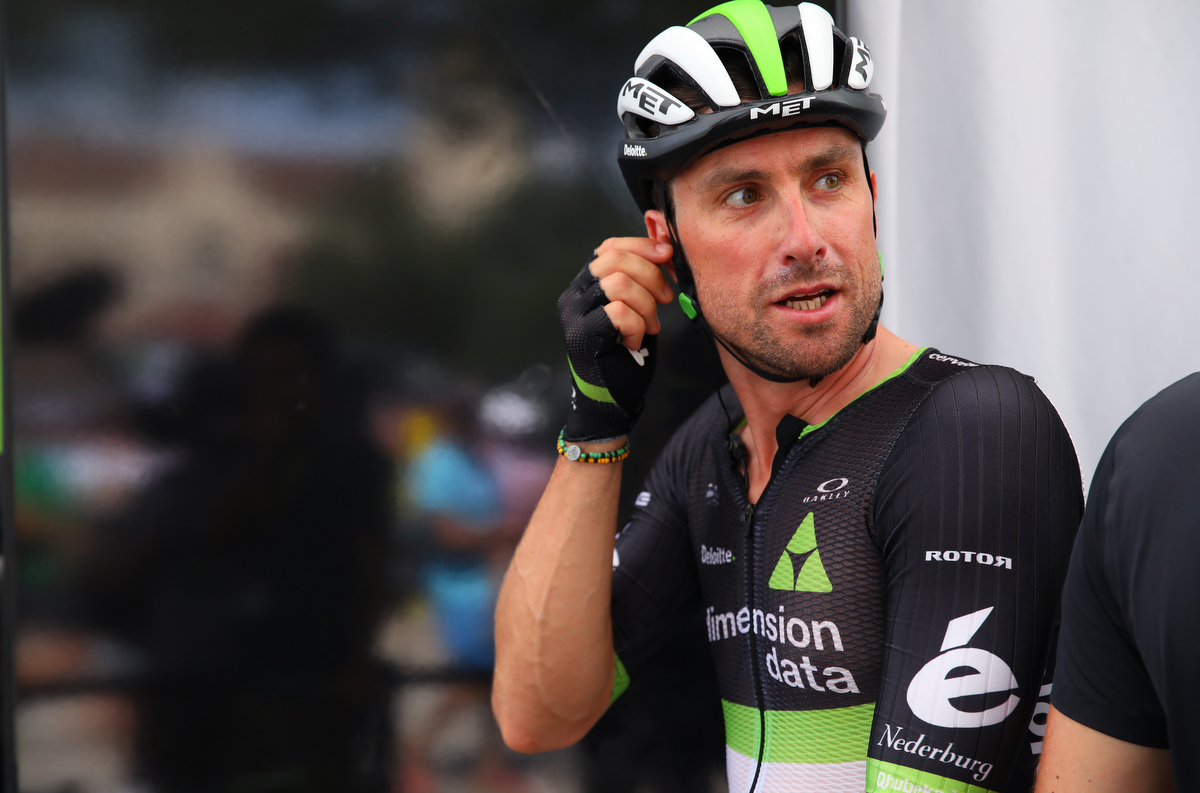
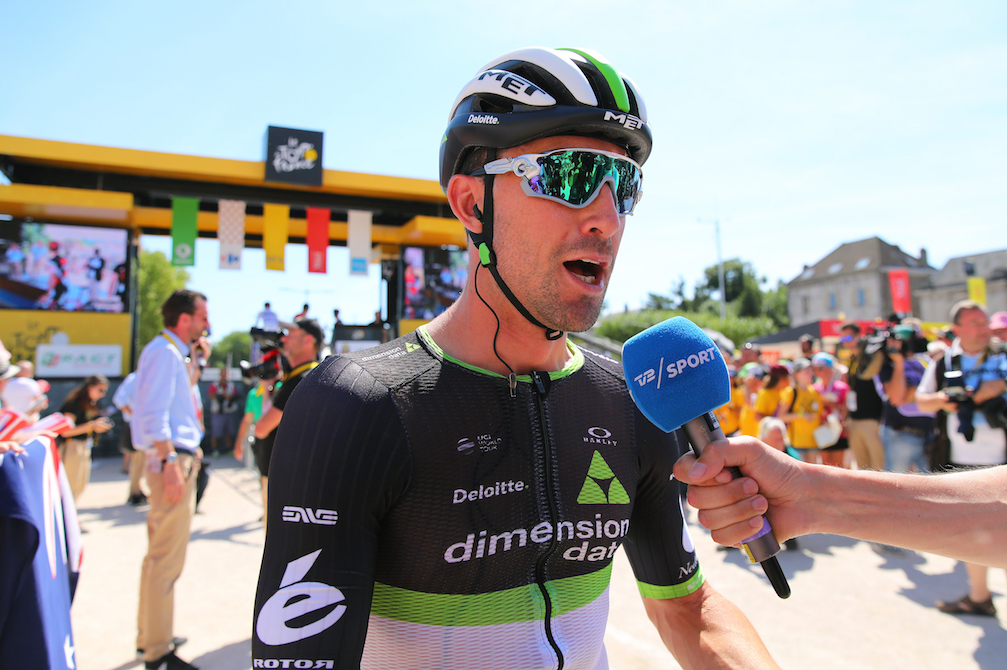
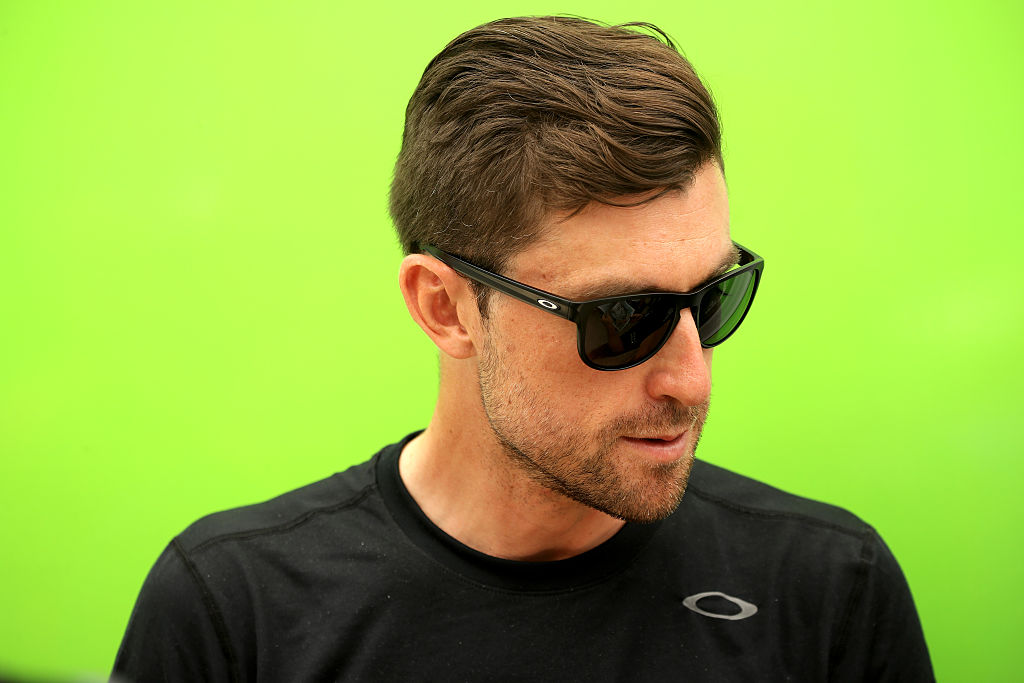
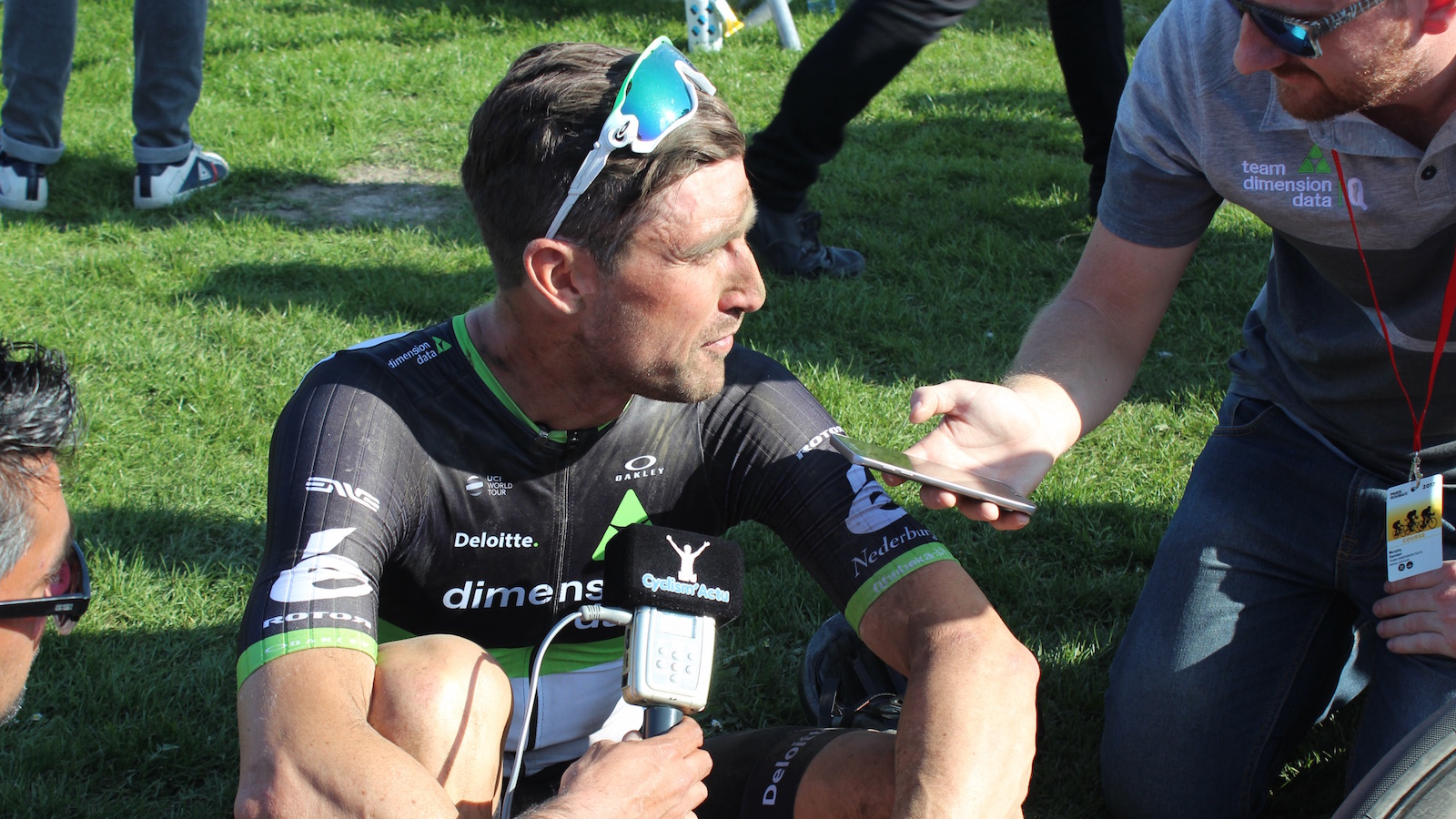
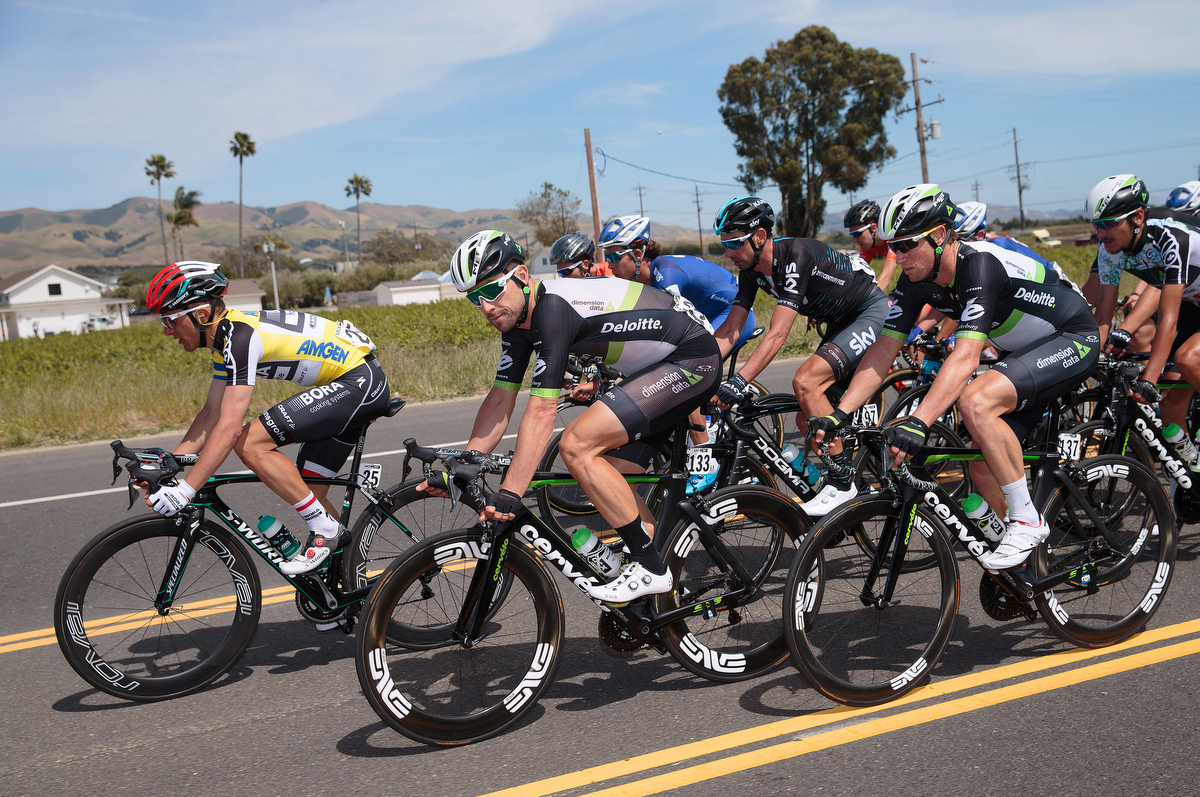
Bernhard Eisel has hit back at suggestions that the flat stages of this year's Tour de France have been monotonous or boring, telling Cyclingnews, "We're not a circus act, this is serious business."
Eisel is one of the respected veterans of the peloton, who often defends rider interests when problems arise with the UCI and race organisers. The Austrian speaks four languages and has ridden the Tour de France 12 times. He is a vital teammate for Mark Cavendish and is the Dimension Data road captain. He is also the de facto boss of the gruppetto, who calculates the effort the riders need to make to finish within the time limit on mountain stages.
While the mountain stages at this year's Tour de France have seen some dramatic racing, the flat stages have been dominated by breakaways being allowed to jump clear at kilometre zero, the peloton rolling along behind and then high speed sprints, most often won by Marcel Kittel from behind while his rivals waste their strength and speed by fight for position.
Television now offers live coverage of every kilometre of every stage. However this has seemingly not inspired the riders, with allegations that the bigger WorldTour teams and the sprinters' teams have bullied would-be escapees and dissuaded them from attacking so that the riders can enjoy a more relaxed time in the peloton.
It has been suggested that the flat stages have even been damaging to the image of the sport. However those accusations have angered riders like Eisel.
"What people have to understand and what makes me angry, is that we're not here just to put on a show for television," Eisel told Cyclingnews.
"We're not a circus act. We're doing a race here, this is serious business. We have to race hard for three weeks if we want to make it to Paris.
Get The Leadout Newsletter
The latest race content, interviews, features, reviews and expert buying guides, direct to your inbox!
"The Tour de France can't just be about some spectacular crashes and attacks, there far more to racing and the Tour de France than that. If every stage was just 100km, and I personally see nothing wrong with that, people would say they can do 100km a day too, that it's not really professional racing.
"Of course, they could change the Tour de France and have lots of shorter stages and hillier stages, but then the Tour would just become like the Giro d'Italia, with only ten riders left to talk about in the final week. Everyone else would just be zombies riding around. I don't think that's good for the fans, for our sponsors either, for the Tour de France and so not good for the sport."
Eisel blamed the design of this year's Tour de France for the lack of aggression away from the mountains.
"We have to find a balance. I think it's good to show the Tour de France from start to finish but the roads and route are what they are. If there are no climbs and if there are not any cross winds, it's not the riders' fault," he said.
Eisel finished Thursday's big mountain stage to Peyragudes in 178th and penultimate place, as the last rider in the gruppetto, with only Britain's Dan McLay behind him. He again escorted the riders across the line, using his experience and ability to look after his flock of fellow riders.
"My goal is to reach Paris and the bigger the gruppetto, the better it is for everyone, it makes it easier for all of us to ride together after we've done our work for our team leaders and GC guys," Eisel explained.
"Our directeurs sportif are often more nervous than the riders about the time cut and that makes it stressful but I make sure we know exactly how much time we can lose on the stage and then ride to that. So far things have not been too bad but we've still got the final week and the Alps to come. We can't see Paris yet, so we just have to keep riding hard."

Stephen is one of the most experienced member of the Cyclingnews team, having reported on professional cycling since 1994. He has been Head of News at Cyclingnews since 2022, before which he held the position of European editor since 2012 and previously worked for Reuters, Shift Active Media, and CyclingWeekly, among other publications.